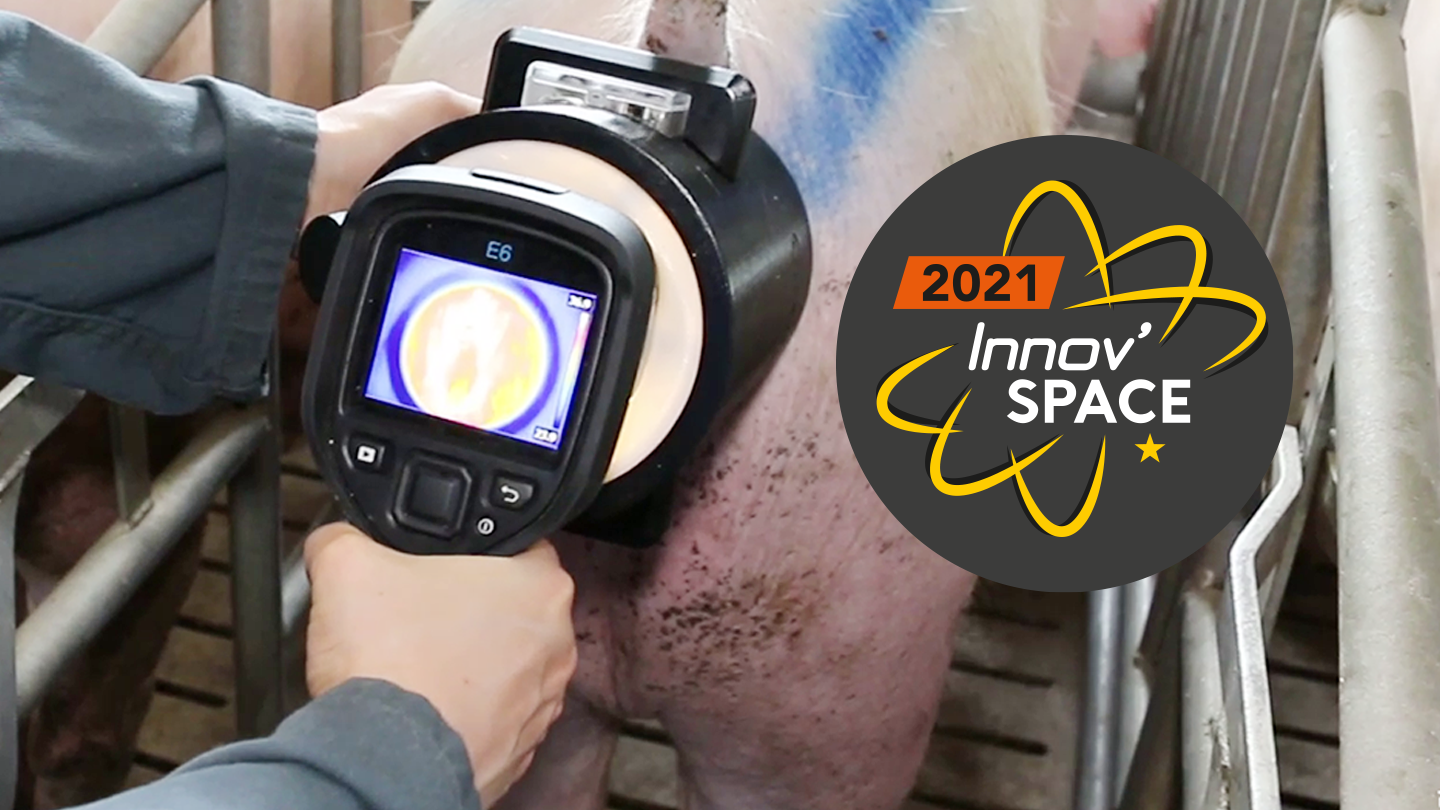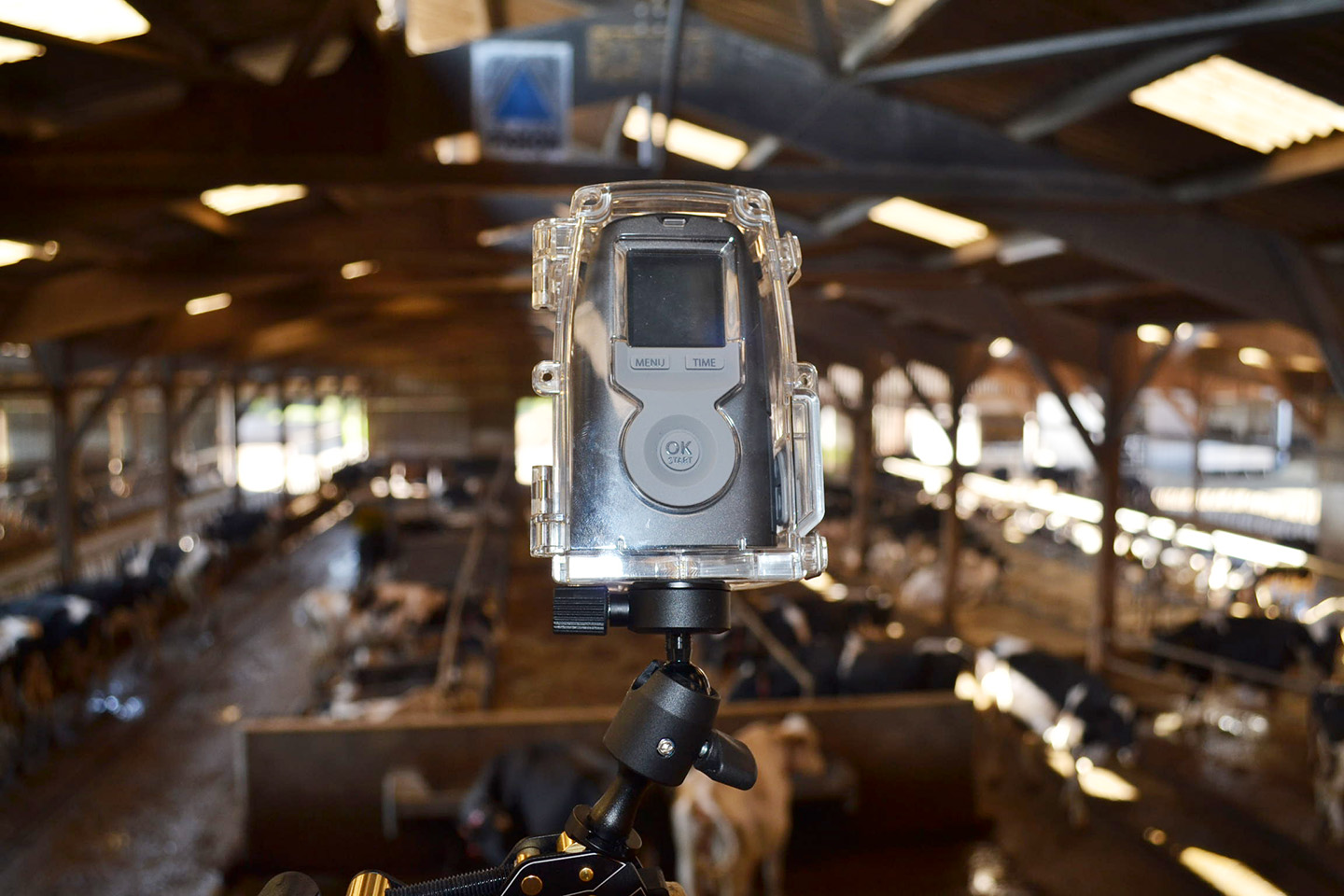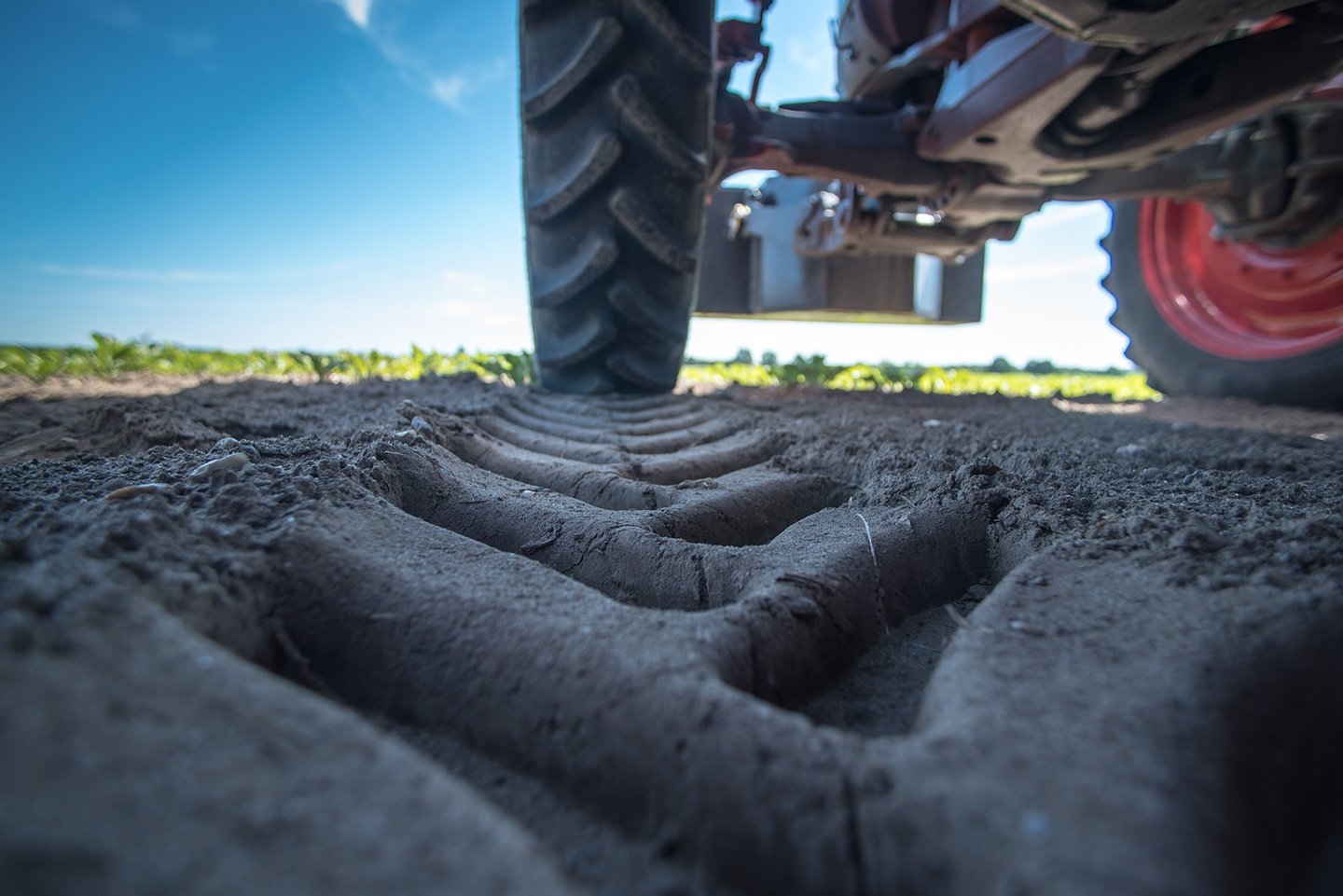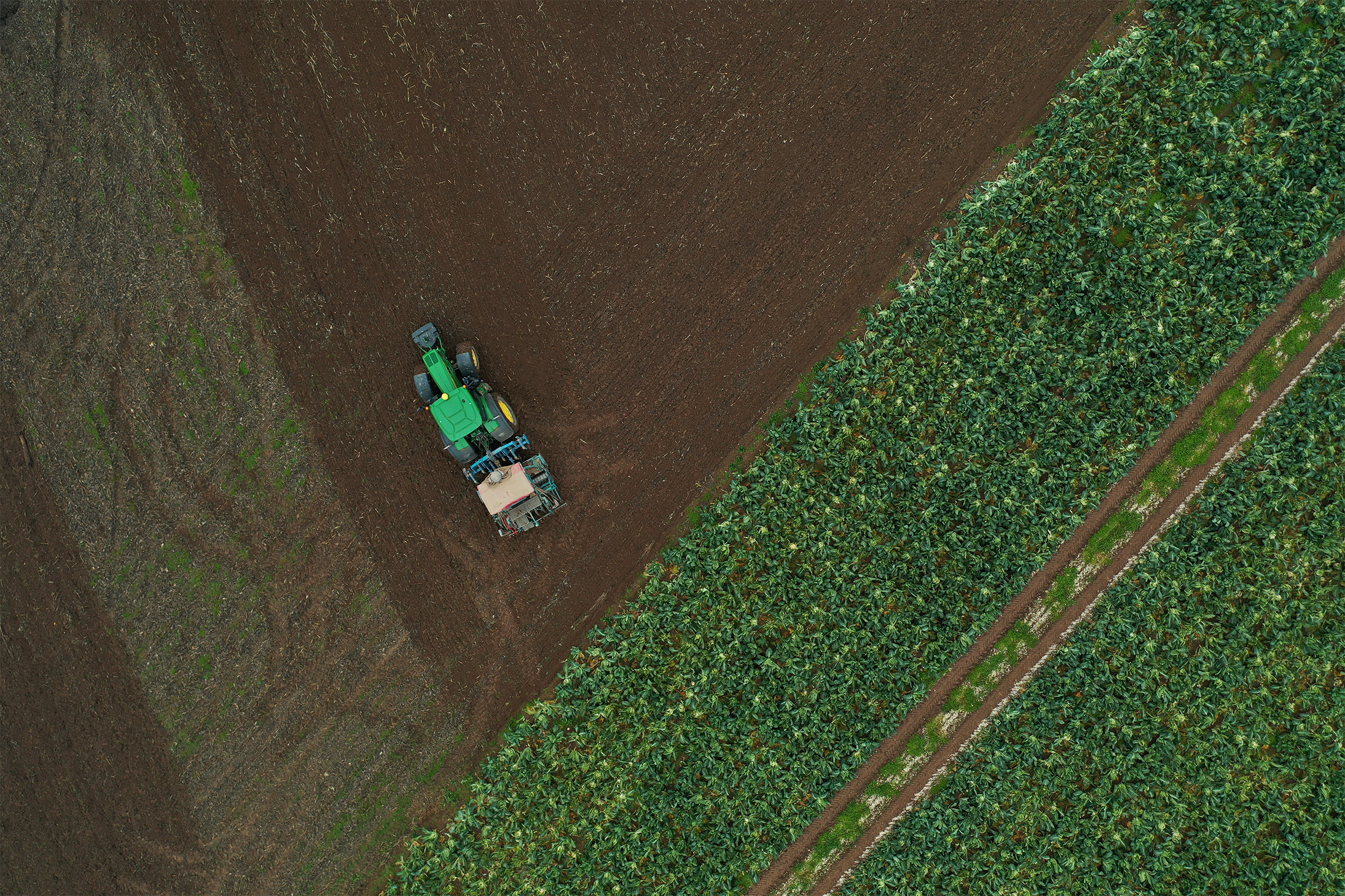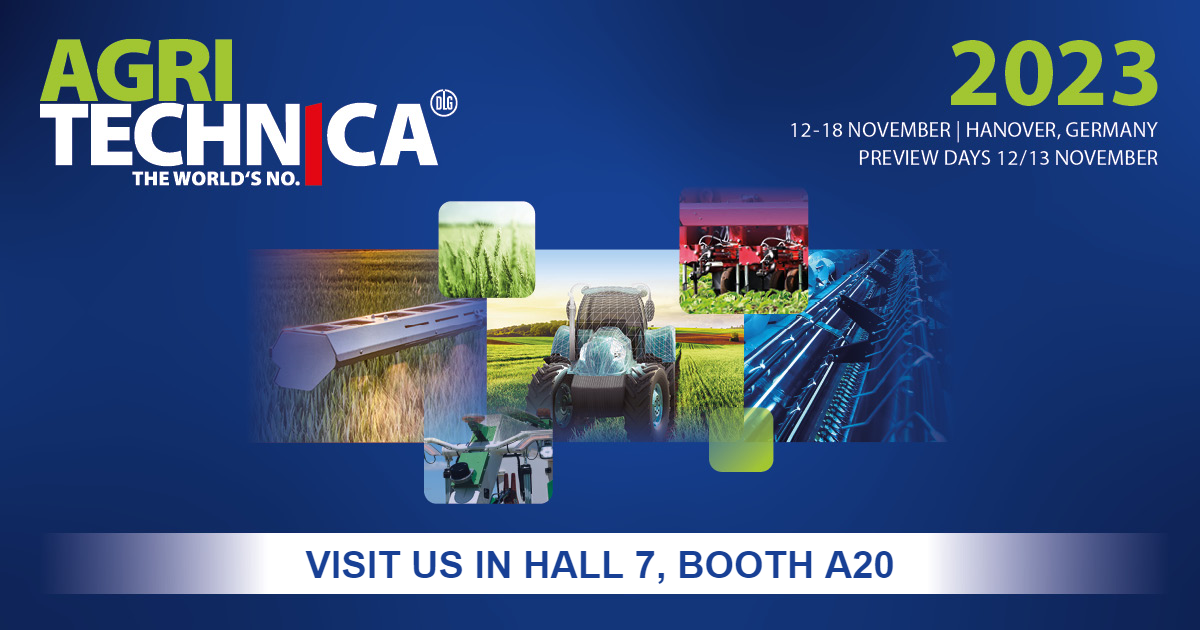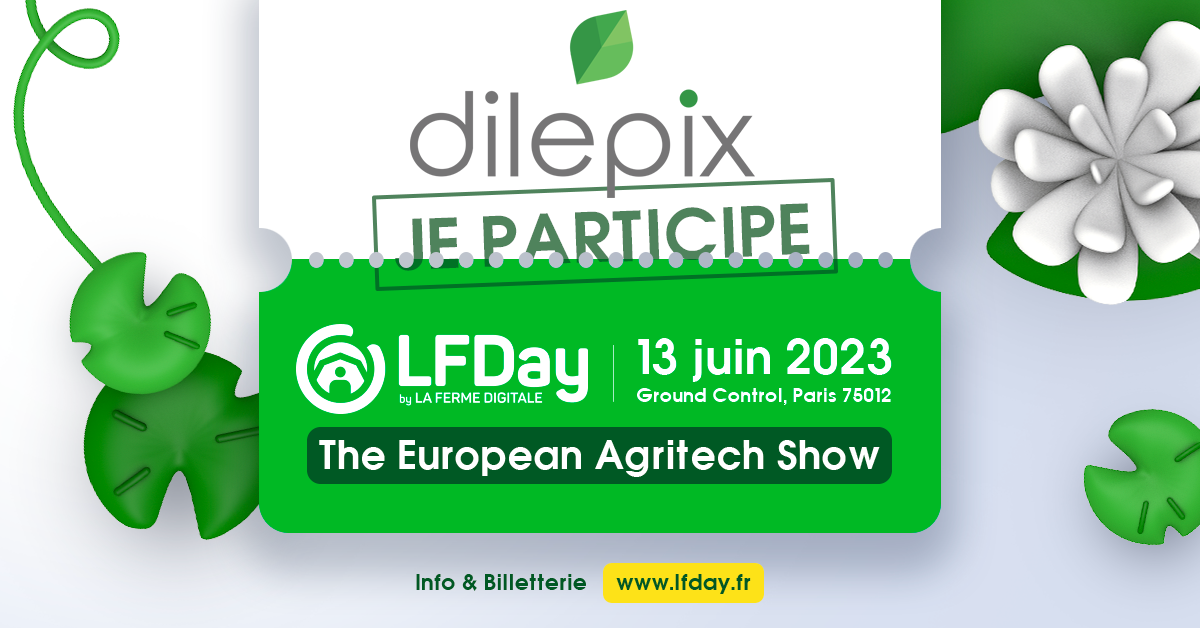When should sows be inseminated? How to reduce the number of artificial inseminations ? How to improve the prolificity of sows?
|
Summary 1. How to determine the best time to inseminate sows? 2. Gwiz: the automatic sow ovulation prediction tool you were missing! 4. The missions given to Dilepix 5. Gwiz awarded an Innov'Space
|
Many of you are asking these questions, whether you are a veterinary consultant, a pig farmer or a technician.
Today, to inseminate sows, an average of 2.5 artificial inseminations are performed per estrus. However, we know that the excess of inseminations has impacts:
- Increased expenses related to the purchase of doses,
- Work overload
- Decrease of the fertility of sows...
But then, how do you reduce the number of AI doses? 🤔
To answer this question, in 2008, IFIP already published in its magazine TechniPorc that "Heat detection remains a key step to ensure high performance and possibly reduce the number of inseminations. However, it is a time-consuming activity that requires skilled labor. This is why the research of automated detection methods would offer interesting perspective".
If in the past, automating the detection of ovulation in sows seemed unlikely, today thanks to new technologies, it is now possible!
This is what you will discover in the following article 😀
#1 How to determine the best time to inseminate sows?
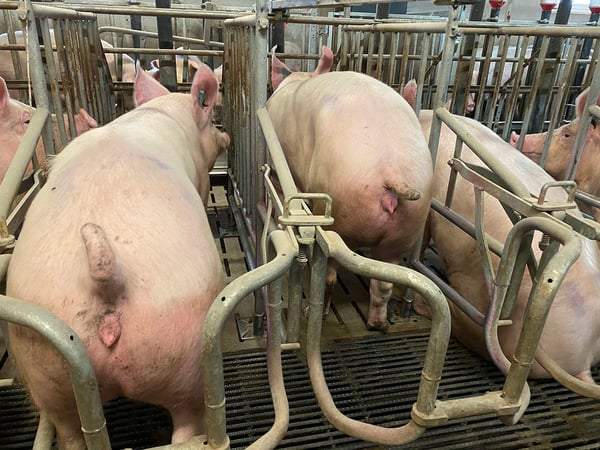
Faced with the difficulties of recruiting qualified labor, the challenges of technical and economic performance and respect for animal welfare, the pig industry is looking for solutions to improve sow fertilization while reducing the number of artificial inseminations. All of this without generating additional workload for farmers.
Quite a challenge to meet! 🤔
Interviewed by the French newspaper Ouest-France (Le numérique au service de la reproduction des truies), Emma Cantaloube - veterinarian of the Synthèse Élevage group, explains that "Pig farming uses artificial insemination massively and it is the farmer alone (and not the boar) who must detect the return of the sow in heat. During this operation, the breeder cannot be completely precise, despite the specific protocol implemented. For a fertilization, this lack of precision requires an average of 2.5 AI (Artificial Insemination)".
The goal for the pig industry is to aim for the unique AI. But how to achieve this without a reliable tool?
Emma came up with the idea of developing Gwiz while trying to solve this double problem: the lack of a diagnostic tool and the lack of manpower in pig farms.
#2 Gwiz: the automatic sow ovulation prediction tool you were missing!
GWIZ is a non-invasive solution that detects when a sow is in heat, predicts when it is ovulating and instantly alerts the user to the optimal time for insemination.
Gwiz, the answer to 3 problems encountered in pig farming
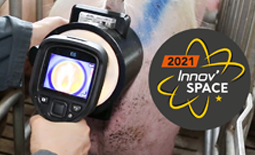 Confronted every day with the challenges faced by the pig industry, Emma imagined Gwiz as a diagnostic tool that helps both veterinarians in their breeding audits and breeders in their search for performance:
Confronted every day with the challenges faced by the pig industry, Emma imagined Gwiz as a diagnostic tool that helps both veterinarians in their breeding audits and breeders in their search for performance:
-
Animal Welfare:
GWIZ is a non-invasive solution that respects the rhythm of the sows and reduces the use of hormones -
The lack of manpower in farms:
GWIZ allows a reduction in the number of inseminations and thus optimizes working time -
Control of production costs:
In addition to the savings in the number of insemination doses, GWIZ allows to increase fertility and prolificity performances linked to the accuracy of ovulation prediction
GWIZ is distributed by Synthese Elevage which has called upon the expertise in artificial intelligence of Dilepix and its Cloud image analysis platform for ovulation prediction.
#3 How does Gwiz work?
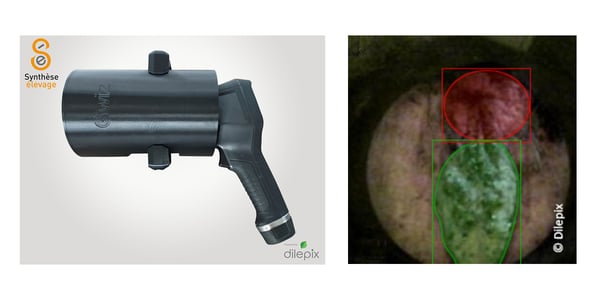 GWIZ combines a thermal camera (which looks like a gun with a camera) that measures the temperature of the sow's zones of interest and artificial intelligence software that analyzes the physiological variations of body temperature during the reproductive cycle.
GWIZ combines a thermal camera (which looks like a gun with a camera) that measures the temperature of the sow's zones of interest and artificial intelligence software that analyzes the physiological variations of body temperature during the reproductive cycle.
▶️ Video Demo 👇
As you can see, GWIZ is a simple and fast solution. Only 2 manipulations are necessary:
- The identification number of the sow
- The photo of the zone of interest of the sow
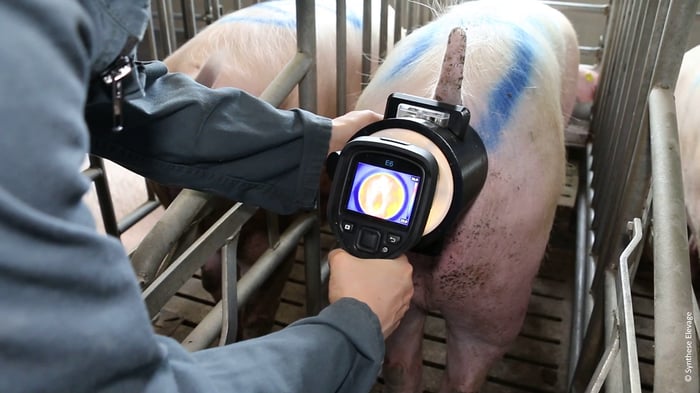
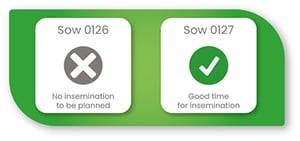 Once transmitted to the Dilepix Cloud platform, the analysis results are delivered to the user in just a few seconds who will then clearly know which sows to inseminate.
Once transmitted to the Dilepix Cloud platform, the analysis results are delivered to the user in just a few seconds who will then clearly know which sows to inseminate.
👉 This innovation is a step forward for the breeder, because by precisely targeting ovulation, it optimizes fertility and prolificacy rates.
#4 The missions given to Dilepix
Dilepix works on the monitoring of pigs, cattle and insects by developing, with its customers, monitoring and automatic detection software.
These solutions combine expertise in artificial intelligence (neural networks developed by our engineers) with advanced skills in image analysis.
The combination of these two technologies allows an ultra-robust and ultra-precise detection and localization of zones of agronomic interest.
Pig farming: Solutions for every stage of growth
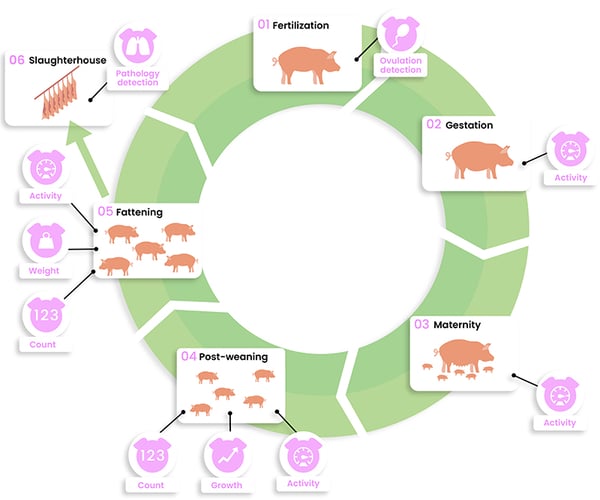
We have developed a Cloud platform for continuous and automated monitoring of pig farms.
Leveraging our AI technology (here for "Artificial Intelligence" 😉 ) pig activity, health and behaviors are detected and can be modeled to be anticipated.
Our solution is widely deployable and available worldwide.
👉 It is this ultra-targeted and non-intrusive approach (using a camera) that seduced Synthese Elevage to work with us.
On the Gwiz project, our teams worked on 4 main missions:
- Realize the image acquisition tools,
- Annotate the images in order to train the neural networks,
- Develop the tools for detecting zones of interest,
- Create ovulation prediction tools.
What technologies are integrated into the GWIZ solution?
👉 To answer this question, we recommend the page Detect the Optimal Time for Sow Insemination which explains everything.
#5 Gwiz awarded an Innov'Space
The complementarity between our two companies has paid off!
Officially presented at the animal production show "SPACE 2021" on the AGRETIC platform of Bretagne Développement Innovation, GWIZ won an Innov'Space - 1 star ⭐
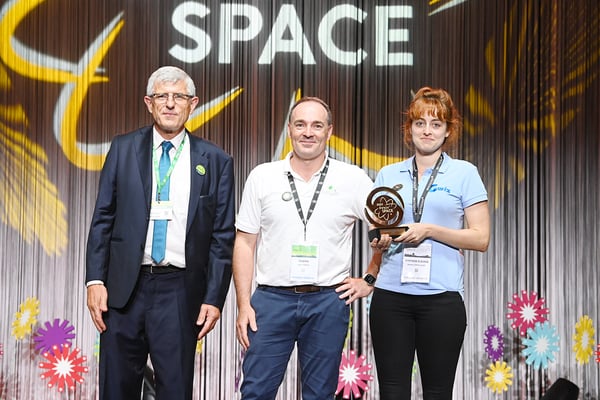
Presentation of the Innov'Space award by SPACE President Marcel Denieul to Emma Cantaloube (Vétérinaire Conseil Synthèse Elevage) and Alban Pobla (CEO Dilepix)
#6 These articles should interest you
